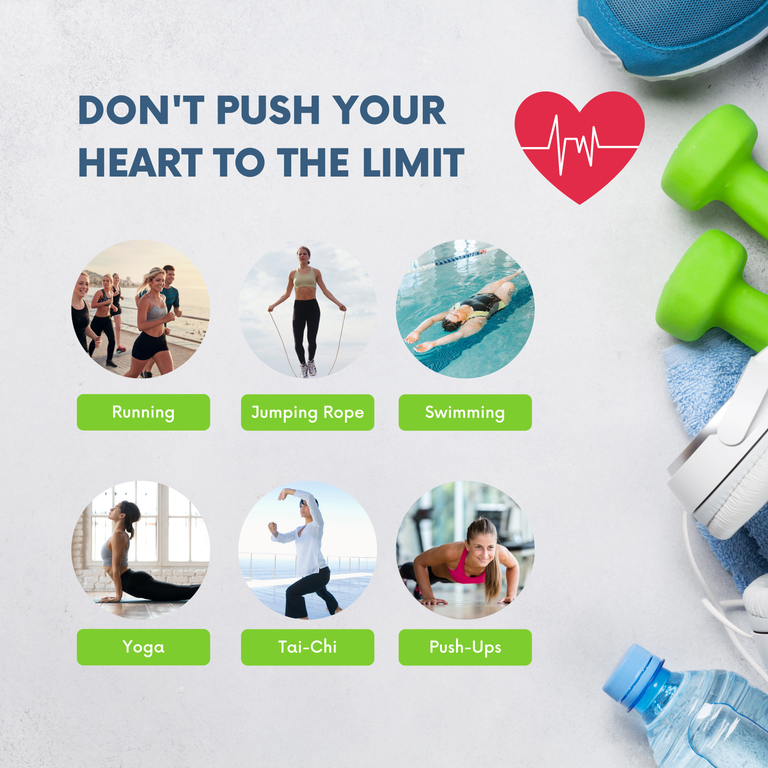1/ 🧵We all know the symptoms following vigorous exercise: a dry mouth, shortness of breath, a speedy heart rate, and deep exhaling. However, once our exercise is over, it takes some time for our body to return to normal. This starts right away as our exercise ends. After a short delay of a few minutes, we resume our usual breathing pace; our heartbeat also calms down.

2/ 🧵 Our bodies need a lot of oxygen to operate, so the moment we start exercising, we inhale deeply. Besides that, our muscles need even more power to respond to the training programs we are attending. This causes the heart to beat faster so that every body region may have enough blood and oxygen.
When we run or lift weights, our hearts must work harder to push blood to our hands and feet. This raises the systolic pressure needed to hasten blood flow to specific body areas, causing a faster heart rate and a different heart rhythm.
3/ 🧵 The highest number of appropriate heart rates during exercise differs depending on the individual and relies on several criteria. Age is the most essential basis since it determines that largely. After studying with an illustration, all that is needed is to deduct their age from 220 to know the maximum heartbeat rate during the activities.
This is why the ideal heartbeat rate for someone forty years old is equal to two hundred twenty times forty, or 180. If the number is any higher than that, the person's life is seriously threatened.
4/ 🧵 Some signs suggesting that you are working too hard at the gym include impaired thinking, trouble breathing, irregular sweat, a sense of fainting, nausea or vomiting, and stomach pain.
Apart from muscular issues and weak places in the joints, there is a risk that you may have major cardiac difficulties if you regularly particip
5/ 🧵
https://inleo.io/@lucidlucrecia/dont-push-your-heart-to-the-limit-jm1